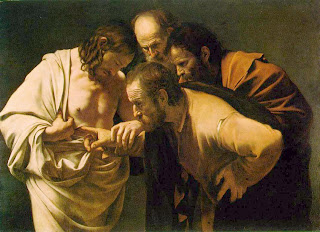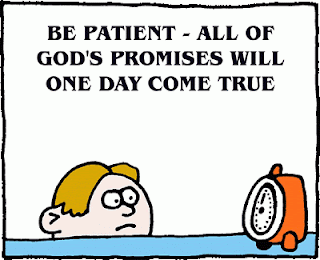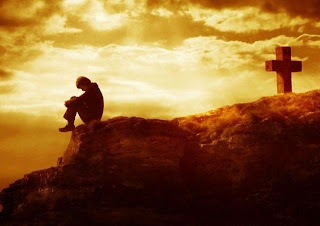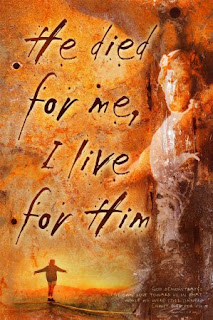
3rd Sunday of Easter
April 18. 2010
John 21: 1-19 “Simon, son of John, do you love me? … then feed my sheep”
In 1986, Jerry Murrell and his four sons opened their first Five Guys Burger joint against burger giants like Mcdonalds, Wendy’s, and Burger King. Today, there are 570 stores across the U.S. and Canada, with 2009 sales of $483 million. What’s their secret? They believe that their best salesman is the customer: Provide the customers good food and good service, and they will walk out the door and advertise your products for free. Elephants never forget.
In a multi-cultural society where each one is unique, common table fellowship melts away fear, anxiety and animosity. It strengthens unity, deepens belongingness and lifts everybody’s spirit. When we experience a very personal and satisfying table fellowship, we feel loved and important; we cannot help but share our wonderful experience to others.
Our resurrection story continues today. Unfortunately, even after the two appearances of Jesus to his disciples, they were still at a lost, confused and indifferent because of fear and unbelief. They were supposed to be the bearers or advertisers of the Jesus’ resurrection. The spreading of good news would not gain ground without fired up and motivated salesmen/saleswoman. And so for the third time, Jesus appeared again and hosted a breakfast to console and to encourage the disciples to go out from their closed rooms.
John did not provide a detailed breakfast account. But it was mentioned that Jesus took the bread and fish and gave them to his disciples. It was a re-echo of the last supper account to remind us of the intimate table fellowship where Jesus said, “Do this in memory of me” (Luke 22:19). In the resurrection stories, the disciples recognized Jesus during the meal twice: The walk to Emmaus (Luke 24:13-25) and today’s gospel. But what opened their eyes to recognize Jesus? I guess Jesus has a special way of serving meal that allowed the disciples to recognize Him in the breaking of bread. And I guess - Jesus served with love and the disciples felt it.

In our gospel, after Jesus validated Peter’s love for him three times by asking, “Do you love me?” Jesus was confident that Peter was ready to serve others with love. When one serves with love, everybody feels he/she is important. And they will leave grateful and encouraged to share their experience to others. Anything done with love will touch people’s lives.
I smiled when an RGS nun revealed the secret of their famous Good Shepherd Ube (Purple Yam). She said, “We don’t use machine. It’s manually mixed. It is cooked with love.”
Our love of Jesus gives passion and personal touch in all we do. The people whom we serve and meet can feel it. If we have lost the fire, the sensitivity, and the joy in our ministry, it is good to allow Jesus, asking us again, “Do you love me?” We reverently say, “Yes Lord, I love you.” Then we gently hear Jesus say, “Feed my sheep with your love.”
How’s your prayer meeting? How’s the church attendance in your parish? Do you attract young men and women to join your ministry or your congregation? Do you see new faces? Are they curious of your apostolate? Or your dedication and passion in the things you do? Does everybody feel welcomed and loved in your community? Are they excited to see you? Once in a while, it is good to evaluate the way we feed our sheep and the way we relate to them.
Let’s make a difference in every person we meet. Let them feel the love of God through us. Let them feel they are important. They are the next generation of salesmen/saleswomen of good news. Grateful elephants never forget.
- Fr. Willy Samson,SJ / Blessed Sacrament Parish, Hollywood, CA / April 18, 2010












